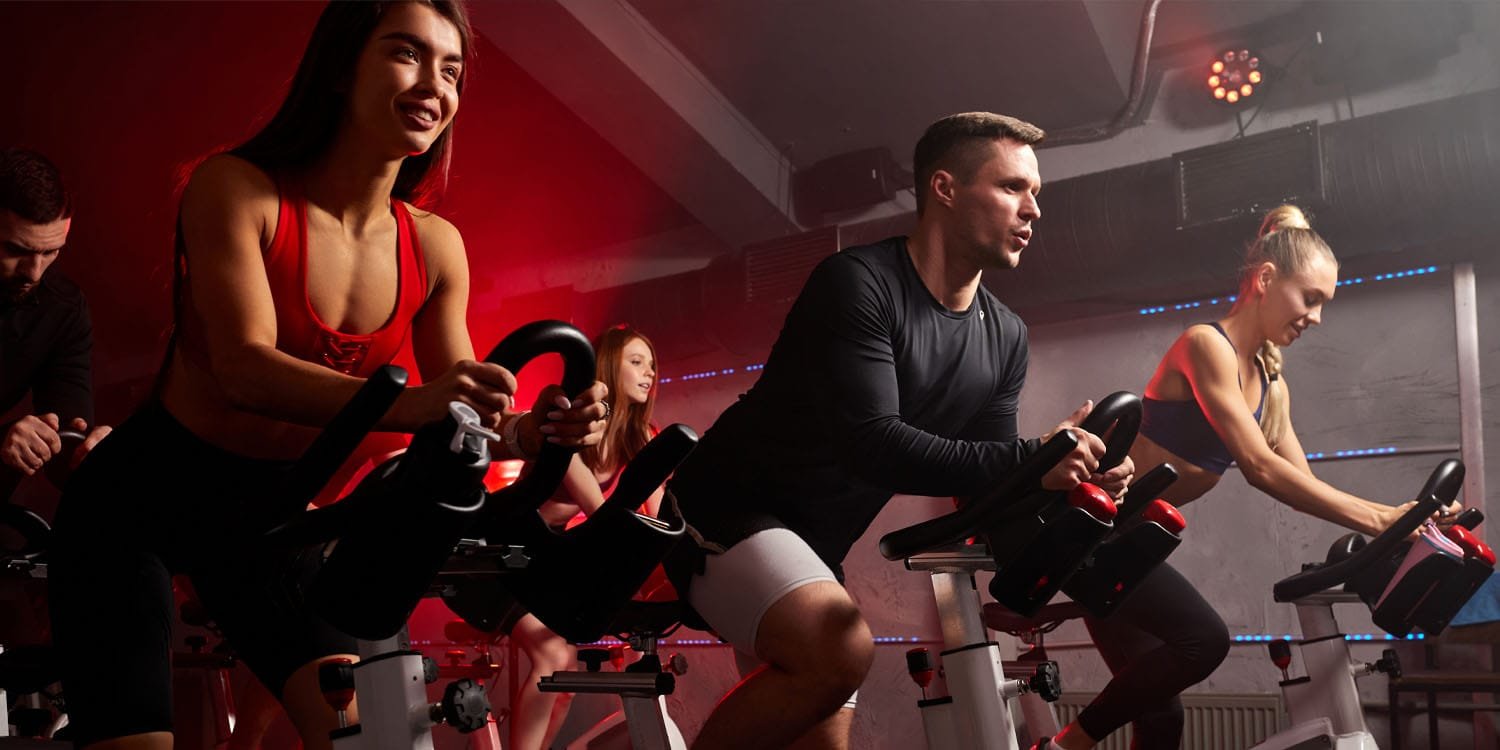Recent research published in the journal Brain and behavior has revealed a fascinating aspect of human psychology: our perception of time can be changed by physical exertion. In particular, individuals tend to perceive time as slower when they are exercising, compared to when they are at rest or after completing their workout. This study is groundbreaking in its approach, using a standardized test to measure time perception during maximal self-paced exercise – a scenario that closely mirrors real-world athletic performance.
The concept that psychological time can differ from chronological time was famously illustrated by Albert Einstein’s analogy of sitting with a beautiful girl versus sitting on a hot stove. Previous research has shown that exercise can disrupt our sense of time, making it appear as if it is moving more slowly. It has been observed that this phenomenon may impact athletes who need to adapt to the times or competitors.
However, previous studies were limited to fixed-intensity exercises, not taking into account the self-paced and variable-intensity efforts found in competitive sports. This gap in research led to the current study, aimed at understanding how time perception is affected during exercises that reflect a competitive setting.
“I have long been interested in how people perceive the passage of time and whether this is influenced by certain events. In the case of exercise, time seems to drag in some circumstances, while in others it passes very quickly. I was intrigued to investigate the implications of this for performance and whether this was likely to impact both outcomes and adherence,” said study author Andrew Mark Edwards, professor and head of the School for Psychology & Life Sciences at Canterbury Christ Church University and author from The Psychopath.
The study involved 33 participants, a mix of moderately and very active individuals, who were not professional cyclists but were in good health and able to participate in physical tests. They did a series of cycling tests on a Velotron bicycle ergometer, which was designed to simulate a 4 kilometer race. During these studies, participants’ perception of time was assessed at multiple points: before training, during and after, at intervals during training at specific distances.
Participants performed the timekeeping task by estimating how long 30-second and 60-second intervals lasted without any feedback about their accuracy, to avoid bias in subsequent tests. The cycling trials included different conditions: solo trials, trials with a passive companion avatar and competitive trials against an active opponent avatar.
The researchers found that participants perceived time as slower during their physical activity compared to periods before or after exercise. This finding was consistent regardless of the specific times during the exercise when perception was measured – early or late in the session.
The results indicated that the delay of time perception was not affected by the three different conditions. This suggests that the presence of competitors or the nature of the competitive environment does not change the way we perceive time during exercise, highlighting that it is the act of exercising itself that primarily influences time perception.
“The message from this study is that our perception of time is indeed influenced by exercise,” Edwards told PsyPost. “This could be useful information in terms of fine-tuning sport and exercise activities, such as devising strategies to alleviate periods when time seems to drag and can be demotivating.”
Another notable aspect of the study’s findings was the lack of correlation between levels of perceived exertion (RPE) and time perception. This is particularly interesting because it suggests that the subjective intensity of exercise does not change the perception of time. This contradicts some previous hypotheses that stated that higher physical exertion could enhance the distortion of time perception.
“Our research showed that exercise itself affected time perception, but this experiment did not distinguish between different stages of exercise, such as when you feel fresher or more tired. Our previous study seemed to indicate that this was the case, but more work is needed to clarify the context,” Edwards said.
While this study advances our understanding of psychological time during exercise, it also highlights several areas for future research. One limitation is the use of non-professional cyclists, which may affect the generalizability of the findings to professional athletes or people accustomed to high-intensity competitive sports.
“This was a study of recreationally active participants using only one form of exercise, so the results should be considered in the context of that activity/population,” Edwards explains. “More research is needed to see whether this is broadly applicable.”
Future studies could also look at how manipulating awareness and focus during exercise could influence time perception. This could have practical applications not only for athletes, but also for clinical settings where exercise is used as part of therapy or rehabilitation.
“The key parts of the work are to see how we can motivate people to exercise and avoid/mitigate negative associations with time seeming slow,” Edwards said. “We are also interested in strategies to improve performance through external reinforcement and pacing to repair temporal distortions.”
“We hope people enjoy the work and look forward to our further studies in this area, including among professional athletes.”
The study, “The perception of time is slowed in response to exercise, an effect not further enhanced by competitors: behavioral implications for exercise and health,” was authored by Andrew Mark Edwards, Stein Gerrit Paul Menting, Marije Titia Elferink-Gemser, and Florentina Johanna Hettinga.
